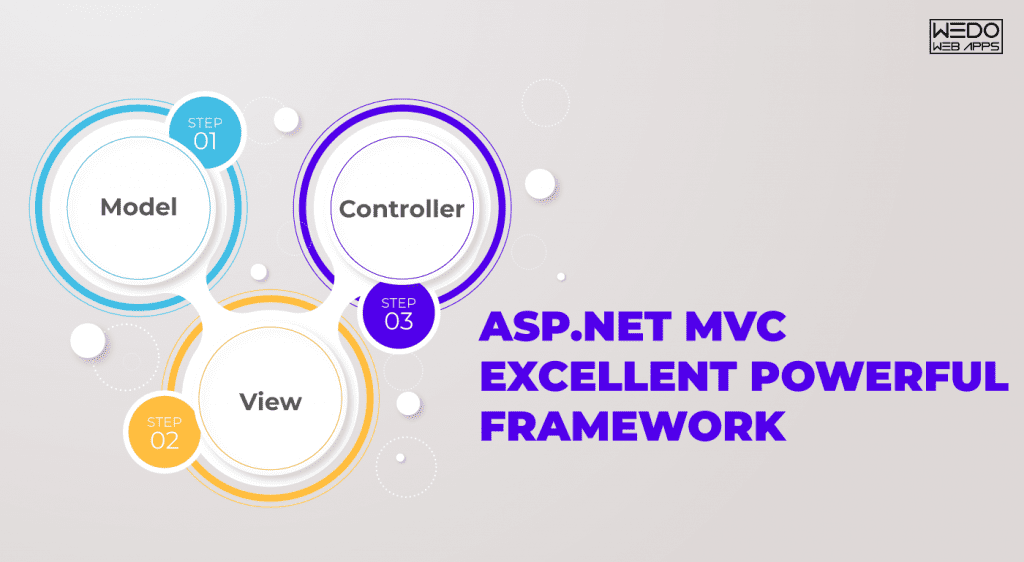3 Nov, 2022 | Custom Web Development MVC Development
ASP.NET MVC powerful framework

- Its provides High-level performance
- It reduces all complexity and simplified application development.
- It provides complete support of HTML.
- It allows you to use clean separation of concerns (SOC).
- It enables the feature of Test Driven Development (TDD).
- It also allows us to integrate with Javascript.
- It provides a Bootstrap facility.
- Authentication Filters
Frequently Asked Questions
ASP.NET MVC offers several benefits, including improved testability and maintainability, separation of concerns, better support for web standards, and improved control over the HTML and CSS generated by the application. It also provides robust security features, built-in authentication, and authorization mechanisms, and a wide range of third-party plugins and libraries.
An ASP.NET MVC application consists of three main components: the model, the view, and the controller. The model represents the data and the business logic of the application, the view is responsible for displaying the user interface, and the controller handles user input and orchestrates the interaction between the model and the view.
ASP.NET MVC can be programmed using a variety of languages that run on the .NET Framework, including C#, VB.NET, and F#. However, C# is the most commonly used language for developing ASP.NET MVC applications.
To develop ASP.NET MVC applications, you need a development environment that includes a text editor, a compiler, and the .NET Framework. Microsoft's Visual Studio is a popular choice for developing ASP.NET MVC applications, as it provides a rich set of features and tools specifically designed for developing .NET applications.
ASP.NET MVC provides several built-in security features, including authentication and authorization mechanisms, anti-forgery protection, and support for SSL encryption. To secure your application further, you can use third-party security libraries and frameworks, implement secure coding practices, and perform regular security audits and testing.

